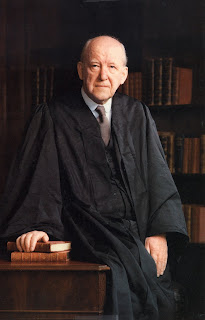Should Christians get involved is a business as nonspiritual as politics?
Here is Martyn Lloyd Jones take on the question

"But that is a very dangerous heresy because Christians still have to function in the flesh, they still have to live in this world. All the orders of nature are still there; they still continue. Moreover, we are told that it is the duty of Christians to recognize and submit to the governing powers and obey them as best they can. There are certain qualifications, which I will deal with later, but as principle, that is what we are told. So we are concerned with things of this life that are not specifically Christian.
Let me go a step further: like everybody else, Christians are involved in matters that are not specifically moral or spiritual, but are neutral. Let me give you an example or two. What is Government concerned about? It is concerned about preventing robbery and theft, keeping order, regulating the traffic, ensuring proper drainage, preserving public health. Now those are not moral or spiritual matters – I would call them neutral. From the standpoint of public health, law and order, driving on the correct side of the road, observing the road signs and the highway code, there is no difference between the Christian and the non Christian. Christians are involved in all of them, and they should therefore be interested in all of them.
Or take economic issues. Speaking generally, I hold the position that questions about the economy are also not spiritual or moral but neutral. Yet they are very important. When they are handled properly, they benefit all of us. If they are handled badly, we all suffer, Christian and non Christians alike. So as Christians, it is our duty to take interest in these things. We should be concerned to ensure that the best minds are applied to them. We do not contract out. We realize that local and national Government are essential to the ordering of life, to making civilized life possible for the community of men and women. And we not only recognize this, we submit ourselves to it."
P40 Martyn Lloyd Jones Romans: Exposition of Chapter 13 Life in Two Kingdoms, Banner of truth











